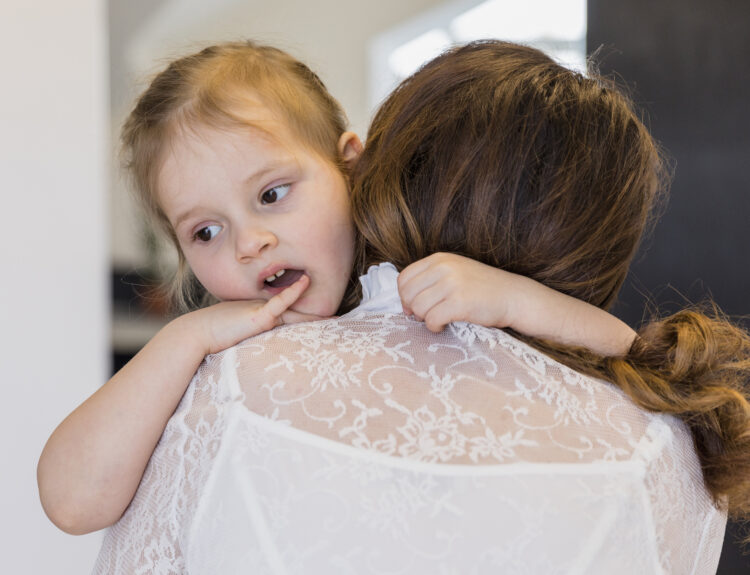
I myself am raising a child in a multilingual household. Had often wondered if I was doing it right!… Would my child get confused? Will she refuse to speak one language? Would it cause speech delays? What’s the best approach to ensuring fluency in multiple languages?… But over time, multilingualism turned out to be a beautiful rewarding part of my child’s life! With little guidance we all can make it seamless.
3 Benefits of Multilingualism :
1. Multilingualism Gives the Child a Cognitive Boost
Learning multiple languages, at an early stage, improves brain function and strengthens executive skills like multitasking and decision-making. Multilingual children have chances of enhanced problem-solving skills, better memory retention, and greater creativity.
2. Multilingual Childhood Builds Cultural Connection
All languages are deeply tied to cultures. Being multilingual allows children to engage with family heritage, communicate with relatives, develop a strong sense of identity. And oh My! The joy on grandmother’s face when my child spoke to her in her native language! Was a bond beyond words!
3. Increases Future Opportunities

Individuals gather a knack for learning languages. In a globalized world, this skillset gives a competitive edge in career prospects, social interactions, and travel experiences.
3 common concerns of Multilingual parents.
Here’s some really effective methods to follow.
1. Will My Child Get Confused?
No! Children have an incredible ability to differentiate between languages. They may mix languages at times (a process called code-switching). But that’s part of language development. I used to worry when my toddler would start a sentence in one language and end it in another. But if I repeated the sentence correctly in a natural way, my child would eventually catch on. And over time, she learned when and where to use each language appropriately and could switch smoothly.
2. Will Multilingual Environment Delay Speech?
No, it’s a myth. Some children might take longer to start speaking. But their language skills typically catch up and even surpass their monolingual peers over time.
3. What If My Child Prefers One Language Over Others?
This is common! If a child finds one language more useful (e.g. their school language), they may favor it. Consistent reinforcement of other languages at home would help maintain balance. Make the other language fun! Using engaging toy, playing songs or their favorite cartoon in it might make them eager to learn new words!
My child went through a phase where she resisted speaking our home language, but introducing bedtime stories in that language helped reignite the interest.

One Person, One Language (OPOL) Method
Each parent (or guardian or caregiver) consistently speaks a different language with the child. For example, one parent speaks Spanish while the other speaks English. This method helps children naturally separate languages and associate them with specific individuals.
Minority Language at Home (MLAH) Approach
If the community language is dominant (e.g., English in the U.S.), parents can choose to speak only the minority language at home. This ensures the child receives ample exposure to the less common language. P laying games and doing everyday activities in the minority language made it feel natural rather than forced.
Mixed-Language Approach
Some families naturally blend multiple languages in daily conversations. As long as there is consistency and enough exposure, children will develop proficiency in both.
Create Immersive Environment
- Read books in all languages spoken at home.
- Play songs, cartoons, and movies in different languages.
- Arrange playdates, cultural activities or interactions with native speakers.
- Visiting family members who speak different languages can reinforce learning.
Be Patient & Encourage
Avoid forcing a language. Instead, create opportunities for natural use. Praise efforts. And don’t be discouraged if a child temporarily resists using a language.
Raising a multilingual child offers lifelong benefits. Consistency, patience, and creating a language-rich environment will help the child thrive.
If you have experiences or tips from your own multilingual parenting journey I’d love to hear them in the comments!
Learn more about parenting here.
Related post:










